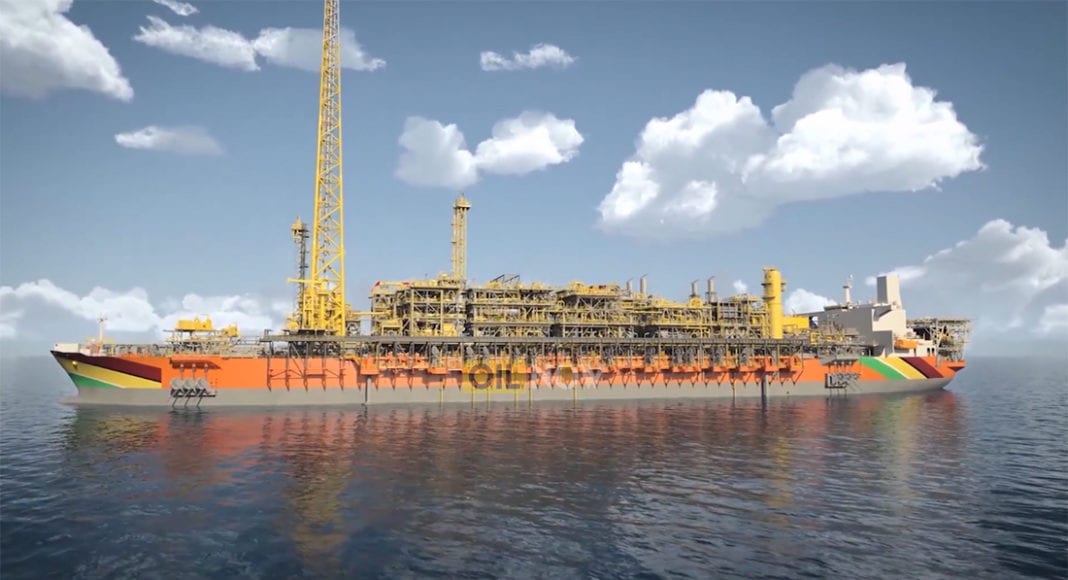Guyana’s Environmental Protection Agency (EPA) has disclosed that the 60-day allowance for flaring at start up as stated in the permits it issued to ExxonMobil for the Liza Phase 1 and Payara projects are tougher than the international benchmark. It sought to make this clarification following criticisms that the provisions are not in keeping with the U.S. standard of 48 hours and are therefore weak. Specifically leveling these claims recently was former head of the agency, Dr. Vincent Adams.
The regulator noted however that the 60-day flaring requirement enshrined in both documents is harsher than international benchmarks which are set.
“International benchmarking shows that the typical acceptable start-up period for installations of this nature average 90 days; therefore, the EPA’s 60-day requirement is much more stringent as it is well below the average international benchmark,” the Agency said in a statement on Friday.
Further to this, the regulator sought to clarify that there was never any agreement to mandate “two days” of flaring during start-up while adding that this is “an impossibility” given the nature of installations on the vessels.
The Agency pointed out too that it is erroneous for anyone to claim or convey the impression that no provision exists to halt flaring after 60 days since both environmental permits categorically state: “The Permit Holder shall not exceed sixty (60) days of flaring during Start-up.”
Moreover, the EPA stressed that ExxonMobil does not have the freedom to flare under the provision of ‘Special Circumstances’ in its permits, as it is required to seek approval for any flaring beyond 48 cumulative hours. Additionally, it said, “routine flaring and venting” are also strictly prohibited by both permits.
It said too that the public ought to be aware that it has the power to refuse any request for flaring made pursuant to those permits issued to ExxonMobil Guyana. The agency noted that it has sweeping powers to include terms and conditions as may be appropriate, such as reduced timelines for any proposed flaring events.
Taking the foregoing points into consideration, the EPA said the public should be assured that the provisions in the Payara permit as well as the modifications to the Liza Phase 1 Permit are without question in keeping with its mandate to pursue safeguards and deterrent mechanisms that are consistent with best-practice and international standards.



